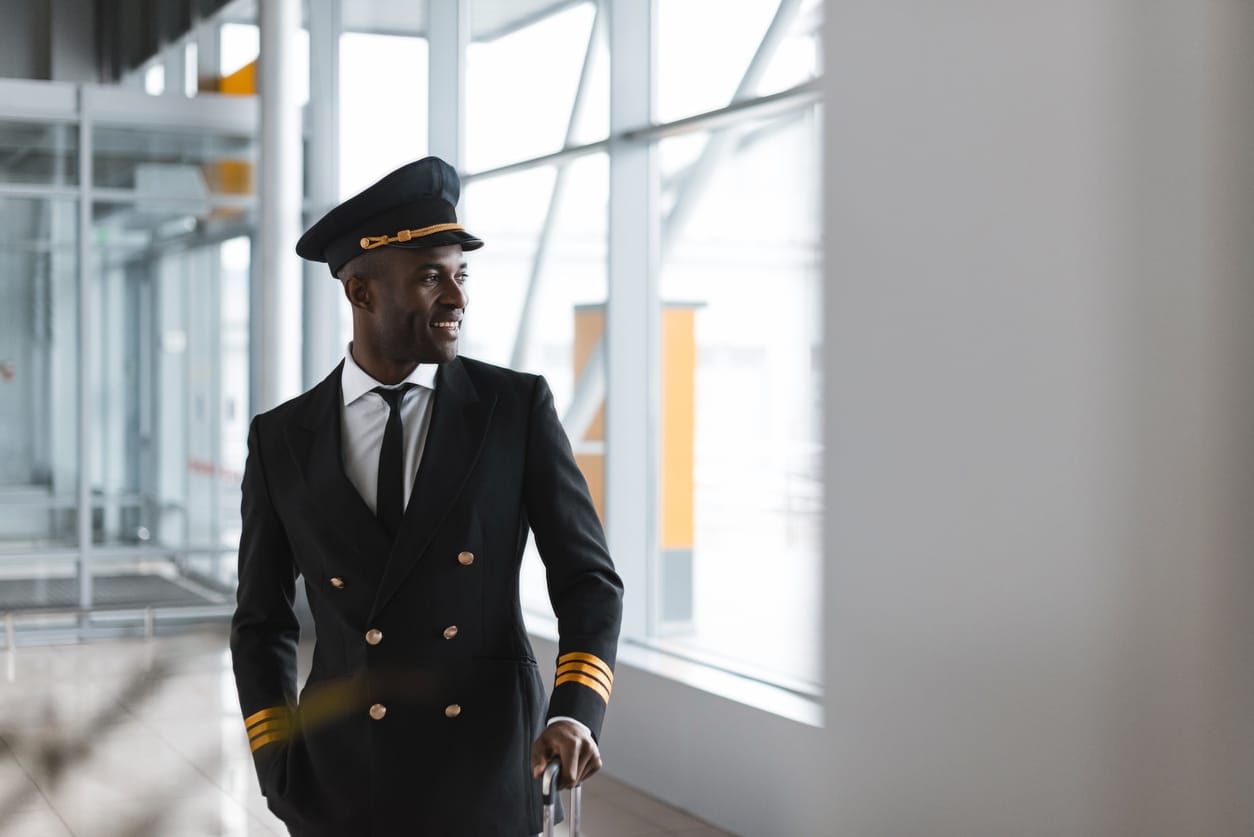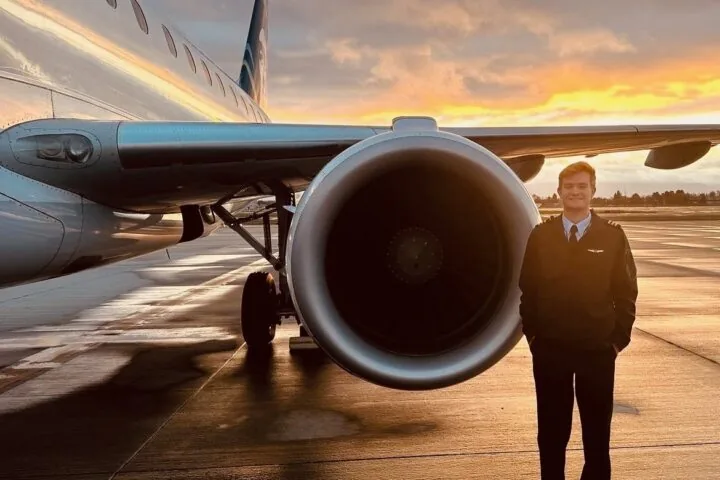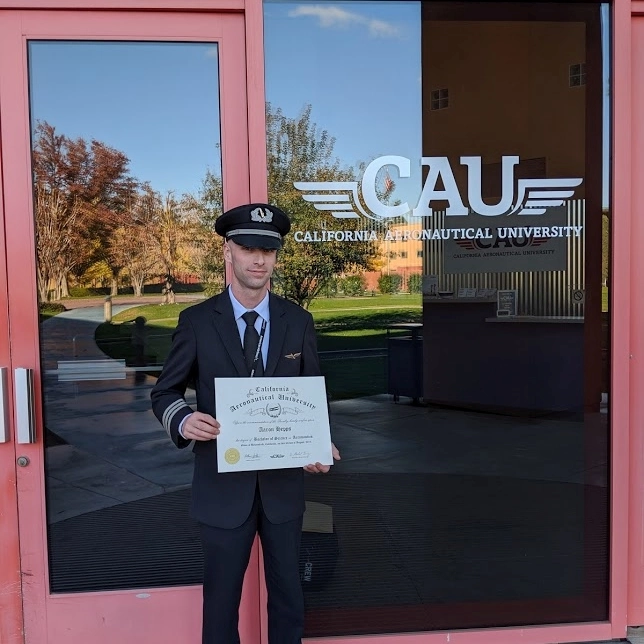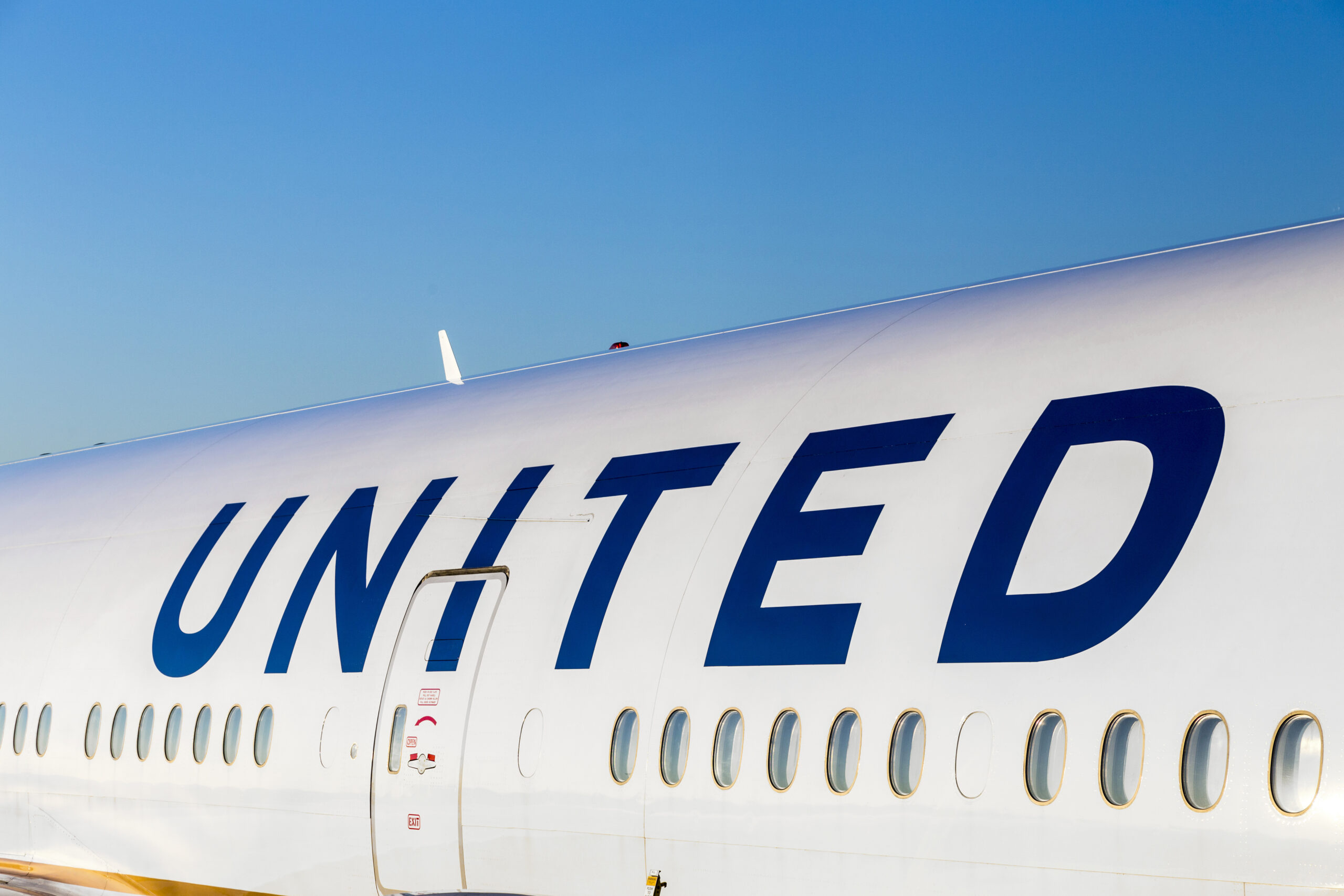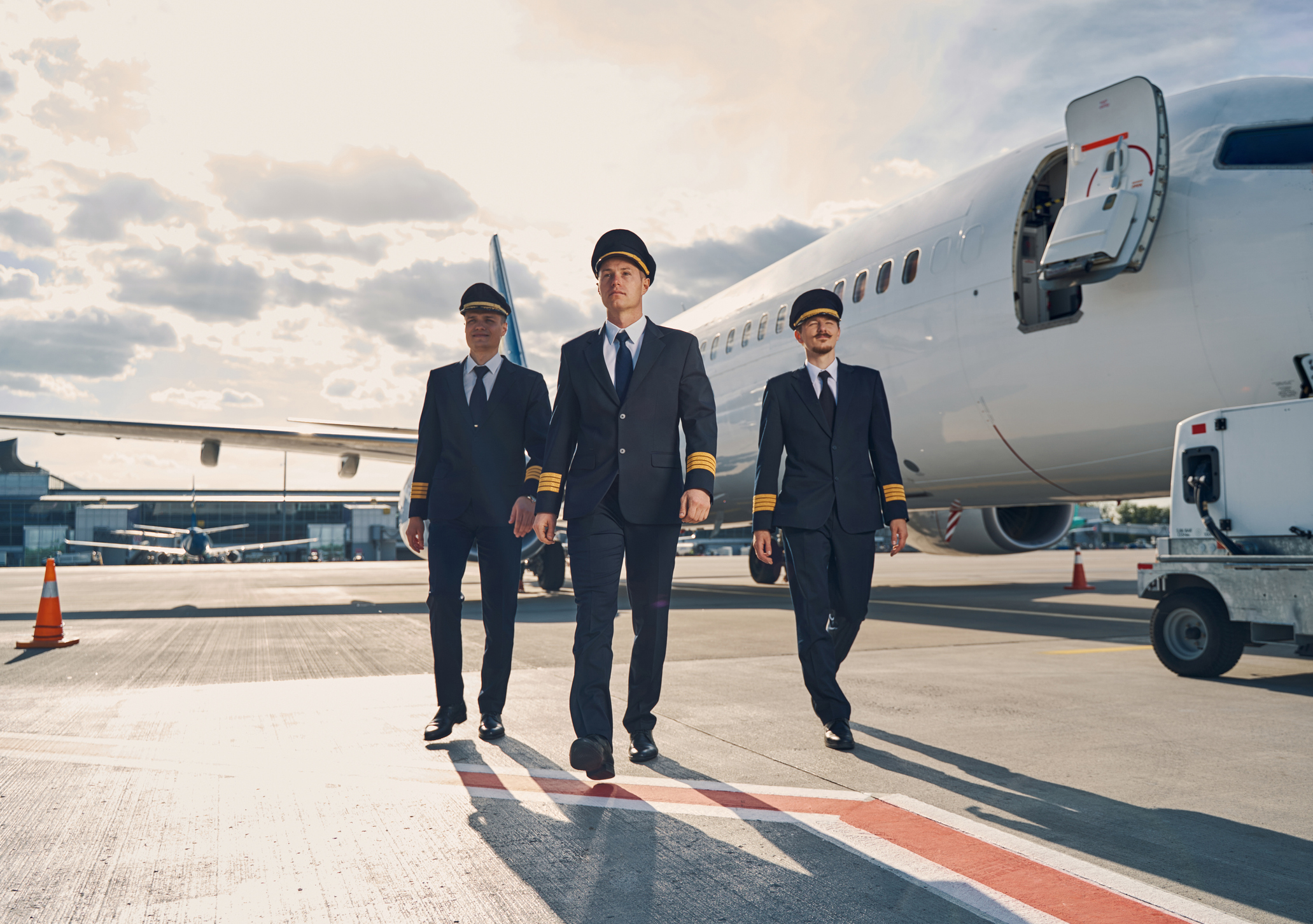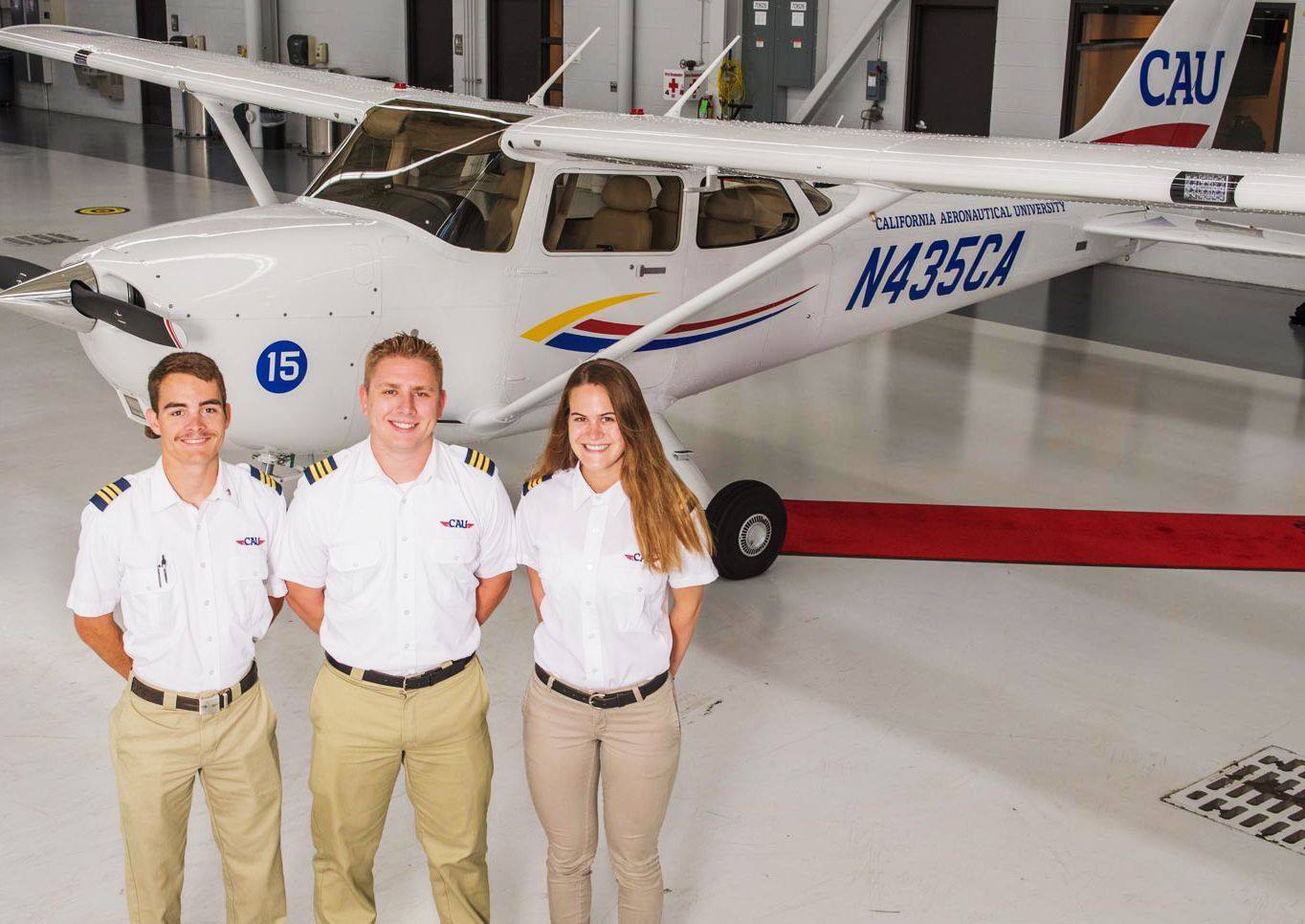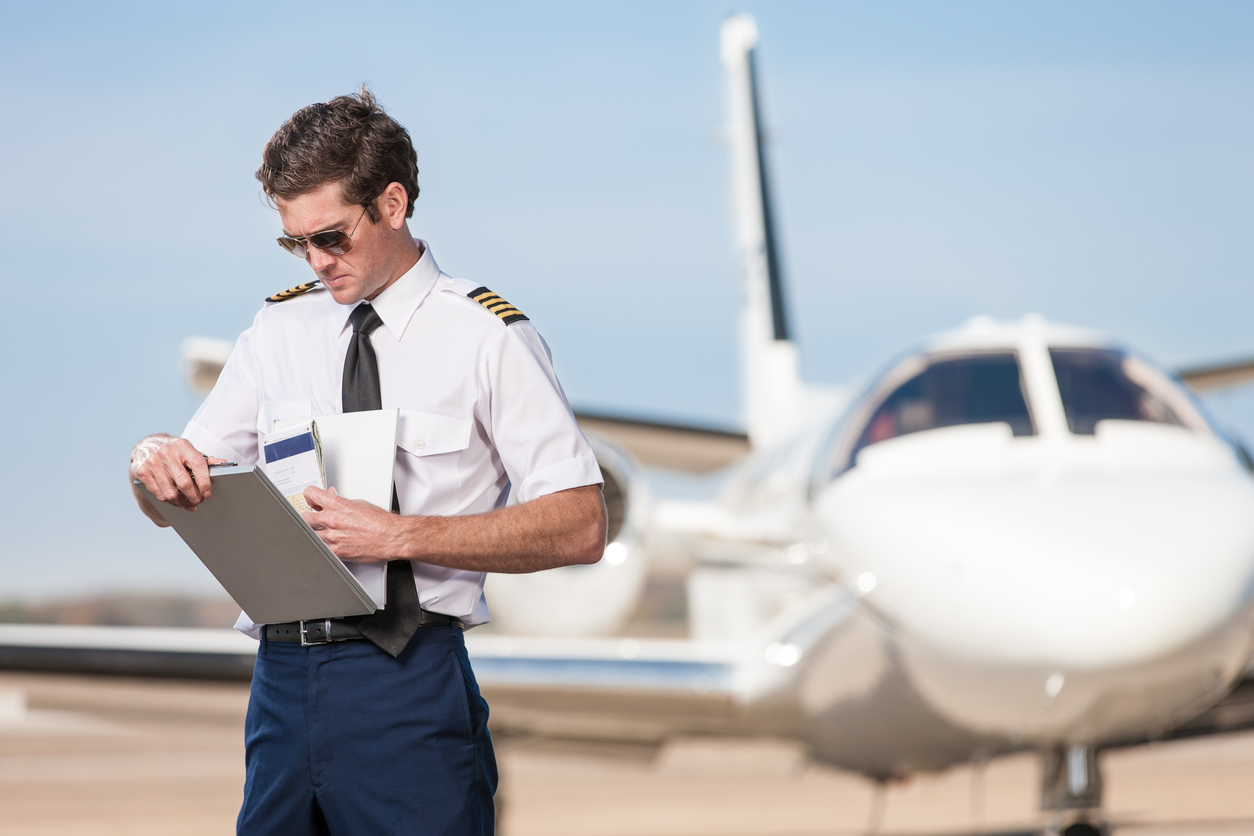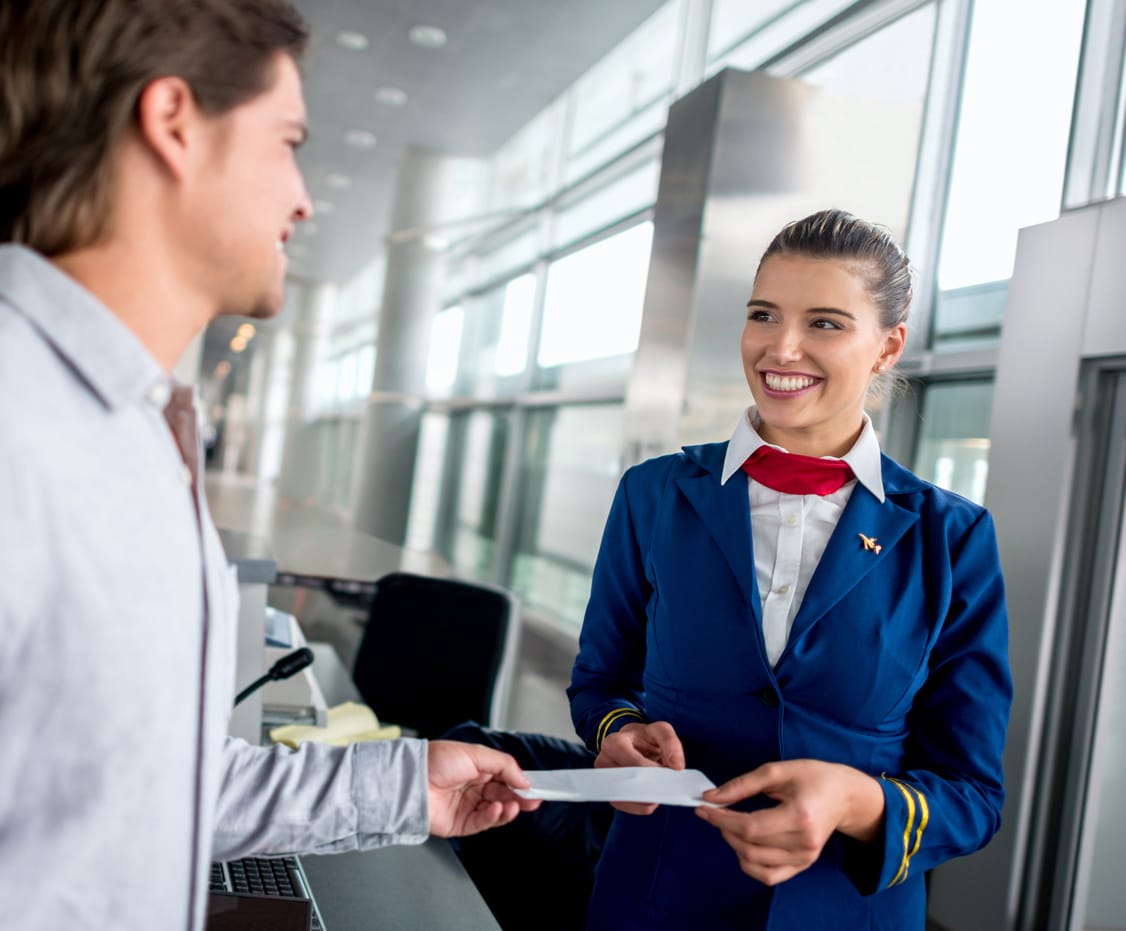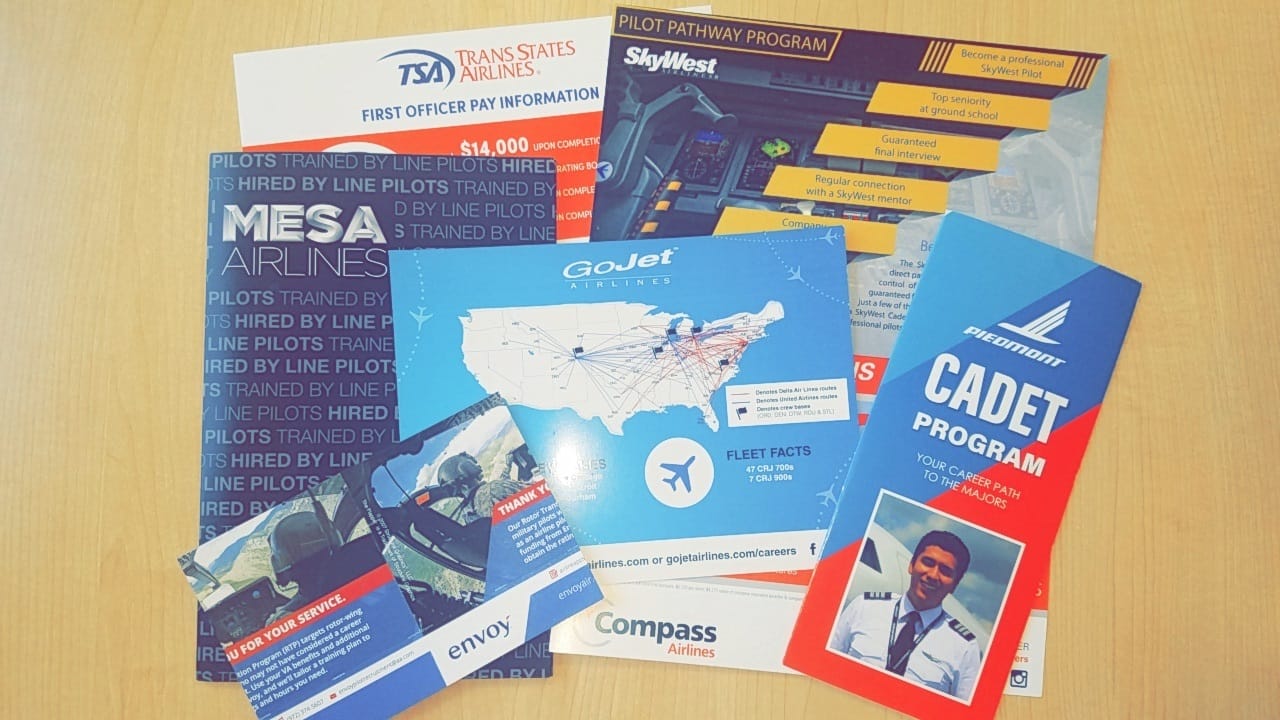Flying as an airline pilot is one of the most visible jobs in the aviation industry. It is the profession the general public most often pictures when they think of someone employed as a pilot. While there are many different and valuable paths an aviator can take, including charter or corporate work, military service, and cargo flying, working as an airline pilot comes with specific and usually long lasting benefits.
Travel Benefits
Many people take tough, competitive jobs at airlines such as on the ramp or in customer service because of the stellar benefits airlines offer. Not the least of these is the ability to fly on standby for free, and family and buddies for the cost of the ticket tax. While this sounds wonderful, and it often is, “standby” means that the employee may fly only if there is room on the airplane.
During high load times, such as the summer travel months and holidays, airlines are understandably concerned with cramming as many paying passengers as possible into the cabin, and employees are often left at the gate. However, flying standby can also mean a free first class seat to Hawaii, so the gamble usually evens out.
The good news for pilots is that they, like flight attendants, have the “second chance” of “riding the jump,” or the small jump seat in the cockpit. Jump seats are not comfortable, but they get the crewmember to the destination along with everyone else on the aircraft. Depending on the airline, some pilots are permitted to keep their hotel points, which is useful in also having a free place to stay if the pilot manages to grab a seat.
Doing What You Love For a Living
Aviation is a “passion career.” Since life as a pilot requires so much education and preparation before any hiring takes place, those who are in the profession have usually had several chances to branch off into other industries. Those who stay for a lifetime usually do so for more than the travel benefits.
Many hobby pilots and those who are just beginning flight training are thrilled for any reason to fly. The idea of earning a paycheck in the cockpit is often the culmination of a lifetime dream. Even if someone has a passion for aviation, that does not mean he or she can work his or her way through all the training required to become a professional pilot.
Many intelligent and accomplished people do not have the commitment required to even complete private pilot training. Pushing all the way through to the commercial pilot certificate, not to mention gathering all the hours as a pilot in command required to hire on at an airline, is a testament to a person’s ability to stick with a dream even through many obstacles.
The Cool Factor
Few answers to “So what do you do for a living?” receive a reaction quite like “I’m a pilot.” Just about any career which is also a classic Halloween costume is going to command respect. It is simply one of the coolest jobs in Western culture. Kids want junior pilot wings and older kids want selfies. It is always easy to make small talk at cocktail parties, and since most pilots enjoy speaking about aviation, it is a great opportunity to educate others about aviation beyond the passenger experience.
How Can CAU Help You Become an Airline Pilot?
Finding a comprehensive and reputable flight school is the first step in becoming an airline pilot. Choosing which one can take you all the way from first stepping into the cockpit to gaining the ability to fly for pay is the most efficient path to join the airlines. The good news is that the career path for airline flying is one which is clearly defined. While some variables exist, those who are structured goal-setters and who enjoy definitive challenges are promised a well-defined track to help map their progress.
1. Earn the Private:
The private pilot certificate is the first step to becoming an airline pilot. Many recreational pilots stop here. Training takes place in a small, well balanced single-engine airplane, typically a Cessna, Piper, or Diamond. While “earning the private,” pilots gain an understanding of the fundamentals of aviation and learn the basics of safe and confident flying.
2. Include an Instrument Rating:
Some hobbyist pilots add an instrument rating to their flying resume because it extends when and under what weather conditions they may fly. For future airline pilots, it is a must. Some student pilots who know they would like to fly for a living study for the private certificate and instrument rating at the same time. For nearly every pilot, adding an instrument rating at CAU is a good idea because it deepens their understanding of aviation weather, contributes to safer flying, and widens the circumstances of when they are legally permitted to act as pilot in command (PIC.)
3. Commercial Pilot:
This is the point at which future professional pilots typically separate themselves from those who fly purely for fun. Earning the commercial certificate at CAU requires commitment and fortitude. It is a much more involved course of study than the private certificate. The FAA procedure for completing the check ride calls for far more hours as PIC, as well as a much more in-depth understanding of aviation meteorology. It demands a far higher amount of precision and control than the private.
4. Multi–Engine Rating:
“Getting the multi” requires some hours in a multi-engine airplane. Pilots learn how to fly them on just one engine, as well as other emergencies. Since all airline airplanes feature more than one engine, earning this rating is non-negotiable.
5. Certified Flight Instructor (CFI) Certificate:
While this is not required, becoming a CFI is the course that many airline pilot hopefuls decide to take. Airlines stipulate a certain minimum of hours as PIC before they consider a pilot’s application. The insurance companies of small aviation operations demand experience as well. Working as a flight instructor is the way in which most new commercial pilots “build time.”
California Aeronautical University is an FAA-approved flight school that provides not only the essentials of flight training but also offers programs in aviation maintenance and business administration.
[button color=”secondary” class=”btn-pill” url=”/contact/”]Contact Us Today![/button]
Ready to soar in your aviation career?

Tamu Smith-Kohls serves as the Vice President of Enrollment Management and Marketing for California Aeronautical University. She has worked in the aviation industry in various roles for 24 years. As a United States Air Force retired veteran, she has a unique appreciation for the aviation industry. Tamu has served in Information Systems as a Network Administrator, Aerospace Flight Medicine as a Health Services Manager, and Air Force Recruitment and Marketing. She holds an undergraduate degree in Psychology; a Master’s in Business Administration and is a Certified Neuro Linguistic Practitioner. Her passion is motivating, training, coaching and serving others to reach their best potential.
